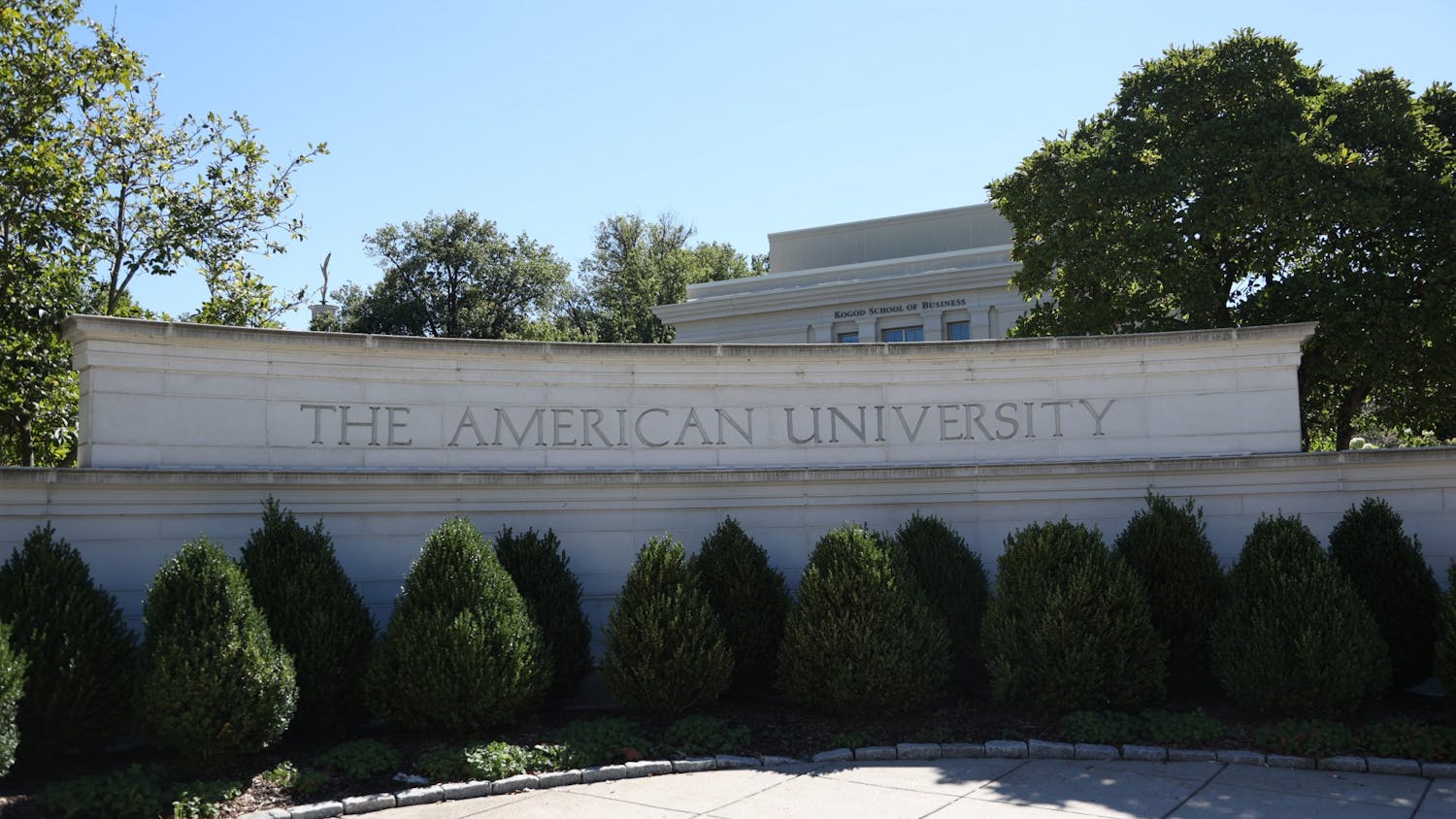In August, Director of Homeland Security Tom Ridge announced a new, unusually specific terror threat. Buildings in New York, New Jersey, and D.C. fell under the threat, including financial institutions in the District, such as the International Monetary Fund and the World Bank.
D.C. universities have been acting in accordance with the new "orange" threat level. For instance, George Washington University students had to have their vehicles inspected as they moved in, since GW is part of a designated "safe zone" around the World Bank and IMF.
AU is also cooperating, according to Assistant to the Vice President of Campus Life Gary Wright.
"AU works closely with the authorities in Washington, D.C. for the safety of the university and how we interface with other people in our community," Wright said.
Because Homeland Security is located across the street from AU at the Navy's Nebraska Avenue complex, "there are new sensitivities and precautions," said Todd Sedmak, AU Media Relations director.
"When the alert went out in early August, we were communicating with D.C. authorities to make sure we had accurate information and dealt with any issues," Sedmak said. "So, we are in communication with Homeland Security and other safety officials to address threats and to discern other needs."
Julie Weber, executive director of Housing and Dining Services, said she doesn't think AU's proximity to Homeland Security affects its risks.
"I don't think that AU should feel threatened with being near high-profile buildings like Homeland Security and Cheney's residence. Homeland Security is not an easy target," Weber said. "I feel that AU is well prepared, our staff is trained, and our students are bright, intelligent individuals who understand that they are in D.C."
Students have been inquiring about AU's emergency preparedness, according to Vice President of Campus Life Gail Hanson.
"We have referred them to the University's Web site to review the posted plan," Hanson said.
Last week, the Office of Campus Life issued a "Code Orange" document to every AU residence hall room. The document gave tips to students as to how to stay safe during the heightened terror alert.
"The University will issue updated emergency response materials in a couple of weeks," Hanson said. "There will be additional communications as conditions change or our program activities warrant them."
During move-ins Housing and Dining staff took extra precautions, said Weber.
"Public Safety and Aramark have been working to make the move into residence halls a safe experience by doing such things as emptying trash faster to eliminate box buildup," Weber said. "We have trained our staff according to extra-sensitive issues such as vehicles parked in the same place for a long period of time, unattended packages, or other suspicious activity."
If an emergency occured AU would follow its own evacuation plan, according to Pat Kelshian, executive director of Risk Management and Safety Services.
"We are also part of the larger D.C. emergency management plan. The plan we use really depends on what type of an emergency there is," Kelshian said.
AU's emergency plan is updated annually, Kelshian said. According to Weber, the plan hasn't changed much since after 9/11, but AU adds information when new threats have been issued.
AU has also joined with the consortium of D.C. colleges and universities for terror threat preparedness.
"If there was an emergency at the IMF or World Bank and George Washington University students were threatened, our plan allows us to house and feed GW students," Weber said.
Also, if there were an emergency requiring AU students to stay on campus, Housing and Dining has stockpiled large amounts of food and water, Weber said. The general AU staff has been trained to help the TDR staff with management of dining facilities.
The orange threat level should last well into November's election period and may not be lowered until January's inauguration, according to Metropolitan Police Department Chief Charles Ramsey.
For more information on AU's emergency preparedness, visit the University's web site by clicking on "Offices and Services" from the main page. Then click on "Emergency Preparedness"




